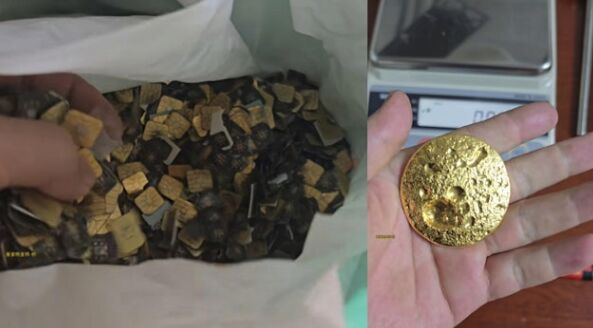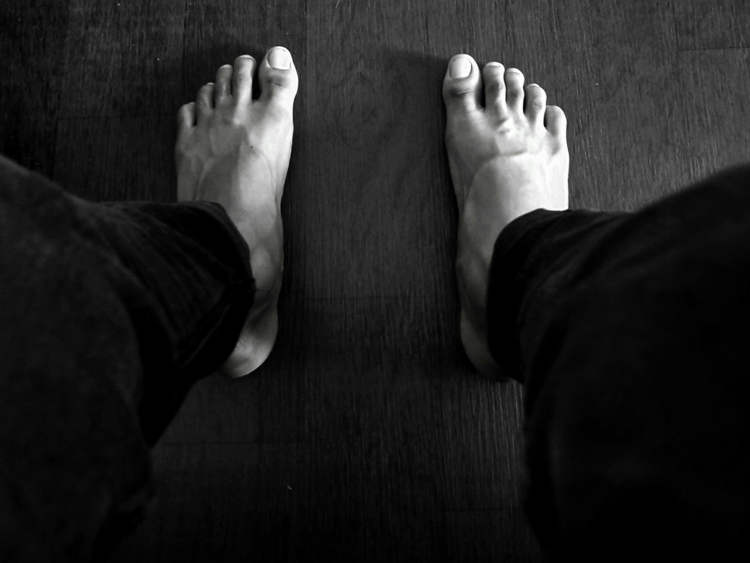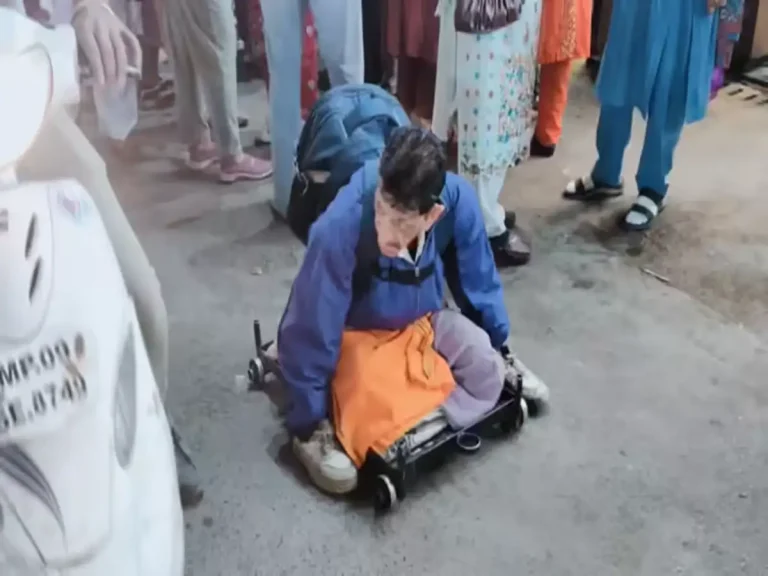At an age when most people begin their business careers, German Sterligov was already a millionaire. He was only 24 years old when he founded the company that would make him one of the richest men in Russia. The financial empire he built – with offices in London and New York – ensured a lifetime of comfort for the young man. But his life today is the opposite of everything you’d imagine – after 15 years of fame and riches, he gave it all up in for the quiet life of a peasant living in the woods.
Sterligov’s life story is as interesting as it is unusual. Inspite of having been a very rich and powerful man, the 47-year-old feels that he is now far better placed to withstand the global economic crisis than most of the other Russian oligarchs. “I’m in clover compared to them,” he said in an interview, a few years ago. “I’m free here. I don’t depend on anyone and we’re totally self sufficient. Most of my friends thought I had taken leave of my senses but I think I have been proved right.”
In the early 1990s, as the Communist era was fading, Sterligov set up Russia’s first commodities exchange. The business grew quickly, and he soon became Russia’s first legal millionaire since the 1917 Revolution. At one point, he had over 2,500 employees and was getting along quite well with the Americans as a ‘new type’ of Russian. In the mid-2000s, at the helm of his success, he stunned the world by announcing his intention to run for the Russian presidency.
Photo via Fishki.net
Business and politics turned out to be a lethal combination for Sterligov; he was barred by election officials for odd reasons and he built up huge debts because of the cost of his political campaigning. To cover the debt, he was forced to sell his four-storey mansion in Moscow’s most exclusive neighborhood. But he didn’t stop there. An idea seized him – what if he were to give up everything he ever owned? So he also sold his New York penthouse, his offices in Wall Street and Central London, his retreat in Geneva, his castle in Burgundy and his headquarters in Moscow.
Sterligov also gave away shares worth hundreds of millions of pounds, and asked his wife Alyona to trade her jewelry and designer clothes for the traditional long skirt and headscarf worn by Russian peasants. With almost nothing to their name, the couple and their four children retreated to the woods – they pitched a tent and camped in the middle of nowhere. With the little money they had left, the Sterligovs built a small log cabin with no electricity. Ten days after they moved into their new home, Alyona gave birth to the couple’s fifth child.
Photo via Face Gallery
Today, Sterligov has no regrets: “Not in a million years do I want to be a businessman with these silly, shiny badges of success – the Rublyovka houses, swanky yachts, Bentleys and so on,” he said. “I’m happy with my peace in the countryside, and my sheep, along with my wife and kids.” In their former life, Sterligov says that he and his family were like ‘birds in a gilded cage’. “Being super-rich is a kind of slavery from which we’re free, thankfully.”
It turns out that Sterligov isn’t exaggerating. As a businessman, he and his family lived in constant fear of being kidnapped or becoming victims of contract killing. The couple had changed their address no less than 23 times in the face of new threats. They hated having servants because they didn’t want strangers in the house, but household help was unavoidable when they moved to Moscow. So they constantly lived in fear of the help turning against them. At one point, Sterligov even appeared at parties with other women, claiming to have separated from his wife, just to keep his family safe.
Photo: Fresher
The couple often spoke of the madness of their lifestyle, but Alyona said she’d never imagined they’d just walk away one day. The turning point arrived with Sterligov’s terrible fate at the elections – it was a step too far. “I wanted to bring my vision to the country, to create a better way of life,” he said. “But I was unsuccessful, and I came to realise that even though I cannot be there for my country in this way, my family still need me – and I could achieve change on this level.”
“He came home, threw down his jacket, and suddenly said, ‘I can’t do any more here. Let’s go and find a new life,’” Alyona recalls. That’s when they chose to step back in time to the days of simple Russian folk in a rural area, 60 miles from Moscow. “It was hard for my wife,” Sterligov admits. “She wasn’t used to the life of the peasant, she was used to the life of the millionaire. Now she is grateful, because my kids live a normal, real life. My family is definitely happier.”
Photo: Spletnik
“We have two modest houses now,” he said. “This one is for the winter, where we have hens, geese, turkeys, several goats, two cows – not much, but enough to keep the family and our friends going. And we have another house 12 miles away for the summer. It’s closer to the pastures for the sheep.” Although the houses are large and comfortable with a few modern conveniences like electricity, lavatories and a washing machine, they don’t own a TV or computer. He doesn’t want his kids to use the ‘brainwashing devices’, he’d rather have them read and discuss books.
The children don’t attend school, either. Instead, they have old-fashioned tutors who visit their home to teach them math, history, Russian, and hand-to-hand combat. Sterligov raises his children strictly in the Russian Orthodox faith. In their free time, they dig vegetables, milk the cows, and make traditional peasants’ timber stools, which are sold for for around $200. They usually sell two stools a week – that pays for food, clothes and tuition. Reports suggest that the Sterligov home is filled with love, the children are obedient and speak with intelligence, and they are equipped with survival skills that other kids their age have no idea of.
Inspite of cutting ties with the worlds of business and politics, the Sterligovs are still not 100 percent safe. The death threats haven’t stopped – their first log cabin was destroyed by arson and their dog was poisoned. They now have a sign on their gate that reads: ‘Entry forbidden. Territory is guarded by dogs. Entering with guns is considered to be armed attack’.
Not everyone is hostile towards Sterligov, though. Former Russian deputy prime minister Boris Nemstov spoke quite fondly of the man: “He is an unusual character. There are very few people, in big business in particular, who would dare to give up everything and do a farmer’s work.”
Sources: BBC, Daily Mail

















